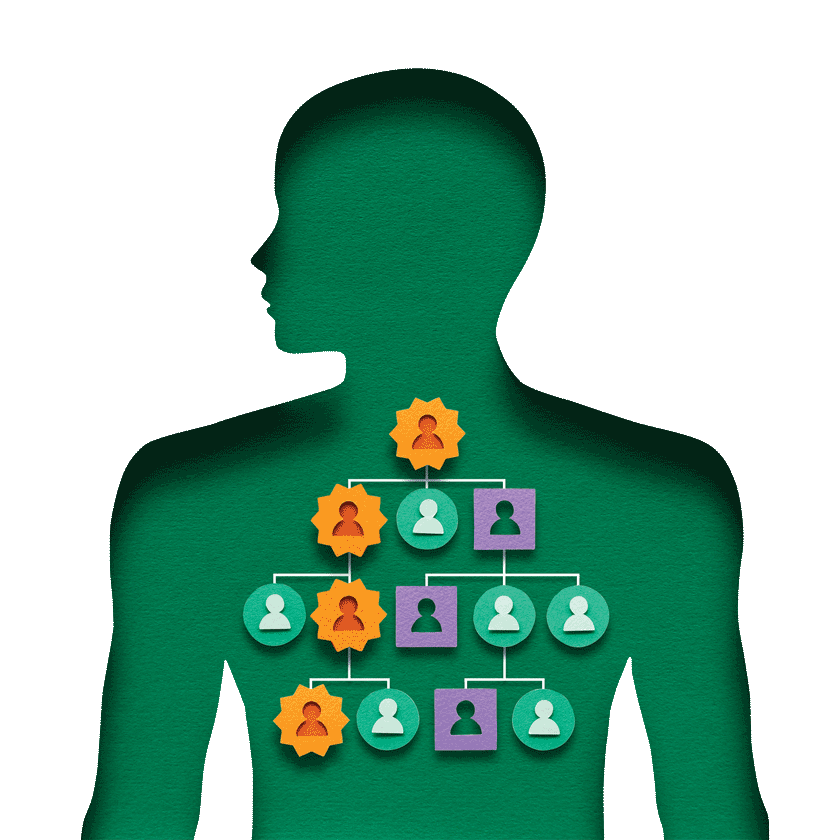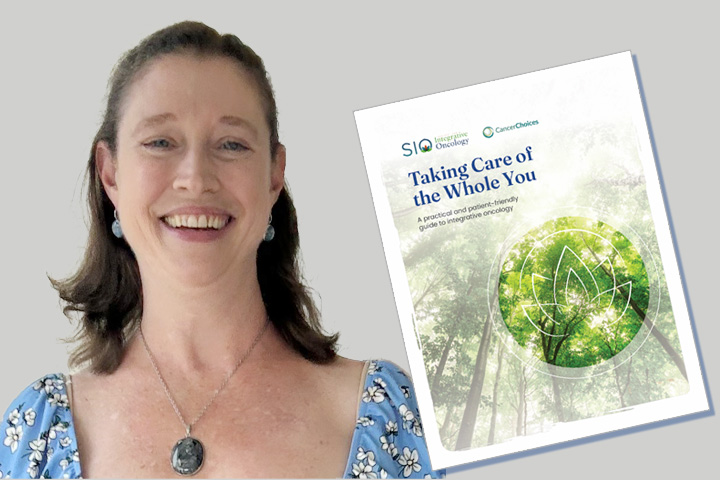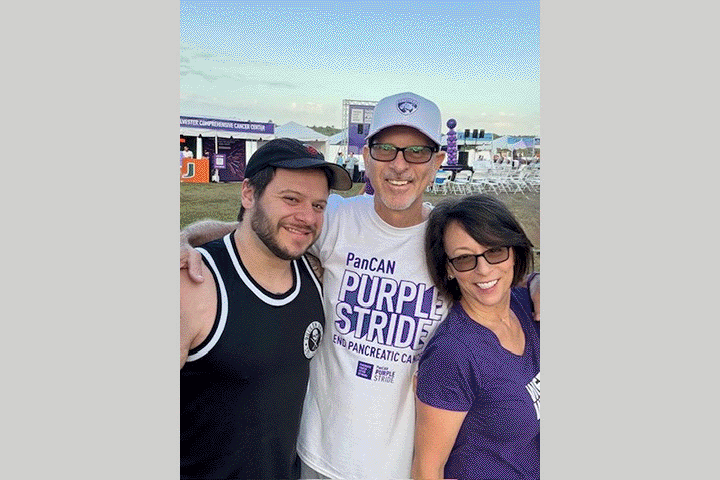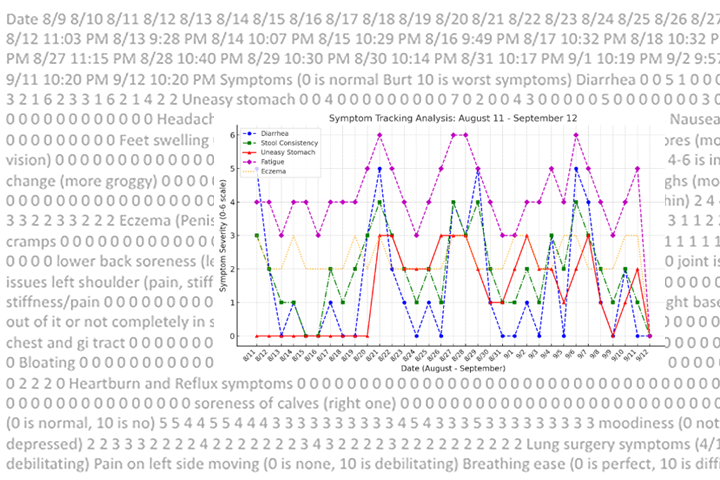Reaching Primary Care Providers Through Podcasts

Primary care physicians and other providers are typically the first health professionals patients see when troubling symptoms begin. That means they’re in a unique position to catch pancreatic cancer in its earliest stages.
“Pancreatic cancer is one of those cancers that sends shivers down your spine,” says Jon Hallberg, M.D., a professor in the Department of Family Medicine and Community Health at the University of Minnesota Medical School (Minneapolis). “We know it’s a bad cancer, and the goal is always to catch it as early as possible.”
To that end, the Kenner Family Research Fund (KFRF), a nonprofit dedicated to supporting early detection efforts for pancreatic cancer, recently launched “The First Line of Defense: Primary Care Clinicians and Early Detection of Pancreatic Cancer,” a four-part podcast series aimed at primary care providers.
Primary Care as a First-Line Defense
Pancreatic cancer is a difficult-to-detect disease. Symptoms like abdominal pain are vague. And many patients live with the discomfort until the disease progresses.
“Our goal is to encourage primary care providers to consider pancreatic cancer in the differential when patients come in with abdominal pain,” Hallberg says. “Of course, only a small number of patients with abdominal pain have pancreatic cancer, or need a CT scan. But being open to the possibility of pancreatic cancer, and investigating when appropriate, could save lives.”
Why a Podcast Series
Podcasts are one of the fastest growing ways of delivering information to medical practitioners. They’re an ideal vehicle for storytelling—and humans learn best through stories. According to a Harvard Business Publishing blog, a division of Harvard Business School, information gleaned from a well-told story is remembered more accurately, and for longer, than information derived from facts and figures. And research from psychologist Jerome Bruner suggests that people are 20 times more likely to retain facts that are part of a story.
Hallberg is no stranger to the power of stories. From 2003 to 2021, he served as the health and medical analyst for the regional “All Things Considered” show on Minnesota Public Radio (MPR). A family physician and generalist, his job was to dispel myths, reduce fear and anxiety, and deliver the facts about the latest healthcare news. His role in “The First Line of Defense” is similar.
“It’s important for healthcare providers to think about pancreatic cancer when patients present with subtle symptoms, and to know that there is a possibility for earlier detection,” says Barbara Kenner, Ph.D., a neuropsychologist and founder of KFRF.
The podcast series includes the following episodes, and is available on all major podcast platforms, including Spotify, Apple, Health Podcast Network, and Amazon Music:
- Episode 1. From Knowledge to Action: Early Detection of Pancreatic Cancer in Primary Care
- Episode 2. Genetic Insights: Understanding Pancreatic Cancer Risk in Primary Care
- Episode 3. From Data to Diagnosis: Transforming Early Detection of Pancreatic Cancer
- Episode 4. A Conversation with Chris Sander on AI and the Prediction of Pancreatic Cancer
“It’s really about partnering with our patients to provide the best possible care,” Hallberg explains. “So when we ask patients, ‘What brings you in?’ we need to follow up with ‘And what are you worried this could be?’” The information that follows opens the door to deeper conversations with patients that could guide diagnostic and treatment decisions.
Maybe a patient is concerned about diabetes because a cousin was newly diagnosed. Or maybe they’re worried that their lack of energy signifies something sinister. Whatever the concern, it’s important to remember that patients often have a sense that something is off. “Our job is to listen and facilitate their next steps toward wellness,” Hallberg says.





